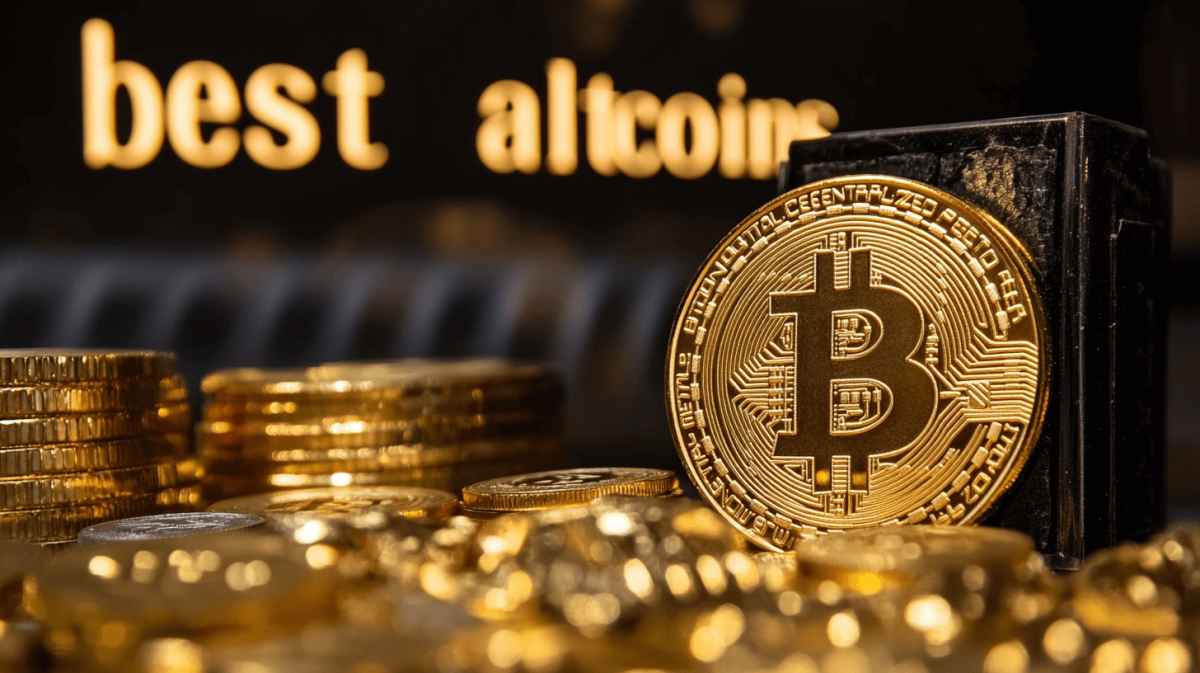The White House’s Approach to Building a Bitcoin Reserve: Budget-Neutral Solutions
The White House has recently expressed its intention to expand the US government’s Bitcoin holdings. However, they have emphasized that they will be seeking “budget-neutral” methods to acquire these digital assets. This means that the government will not be purchasing Bitcoin outright using taxpayer funds.
Understanding the Concept of Budget-Neutral
Budget-neutral refers to actions that do not impact the federal budget in a significant way. In the context of the White House’s Bitcoin reserve, this could mean several things. One possibility is that the government could use funds from other sources, such as the sale of assets or seized cryptocurrencies, to purchase Bitcoin.
Potential Sources of Funding
One potential source of funding for the Bitcoin reserve could be the sale of government-owned assets. The US Treasury Department manages a number of assets, including gold, foreign currency, and other financial instruments. Selling some of these assets could provide the necessary funds to purchase Bitcoin without adding to the federal deficit.
Another possible source of funding could be the use of seized cryptocurrencies. The US government has been seizing cryptocurrencies as part of criminal investigations for several years. These seized assets could be sold for US dollars and then used to purchase Bitcoin.
Impact on Individuals
For individuals, the White House’s decision to build a Bitcoin reserve could have several implications. One potential impact is on the price of Bitcoin itself. If the US government is seen as a major buyer of Bitcoin, this could drive up the price of the digital asset.
Additionally, the government’s decision could lead to increased mainstream acceptance of Bitcoin and other cryptocurrencies. With the US government holding a significant amount of Bitcoin, it could help to legitimize the digital asset in the eyes of the public and potentially lead to wider adoption.
Impact on the World
On a global scale, the White House’s decision to build a Bitcoin reserve could have significant implications for the world economy. One potential impact is on the international monetary system. Bitcoin’s decentralized nature means that it is not controlled by any single government or institution. This could make it an attractive alternative to traditional fiat currencies, particularly in countries with unstable economies or high inflation.
Additionally, the US government’s decision could lead to increased competition between countries to build their own cryptocurrency reserves. This could lead to a global race to acquire digital assets, potentially driving up prices and increasing volatility in the market.
Conclusion
The White House’s decision to build a Bitcoin reserve using budget-neutral methods is an intriguing development in the world of cryptocurrencies. While the exact methods for funding the reserve are not yet clear, it is likely that the US government will look to sell assets or use seized cryptocurrencies to acquire Bitcoin. This decision could have significant implications for individuals and the world economy, including increased price volatility, increased mainstream acceptance of Bitcoin, and potential competition between countries to build their own cryptocurrency reserves.
- The White House has announced its intention to build a Bitcoin reserve
- They will be seeking “budget-neutral” methods to acquire Bitcoin
- Possible sources of funding include the sale of assets and seized cryptocurrencies
- Impact on individuals includes potential price increases and increased mainstream acceptance
- Impact on the world includes potential competition between countries and increased volatility in the market





